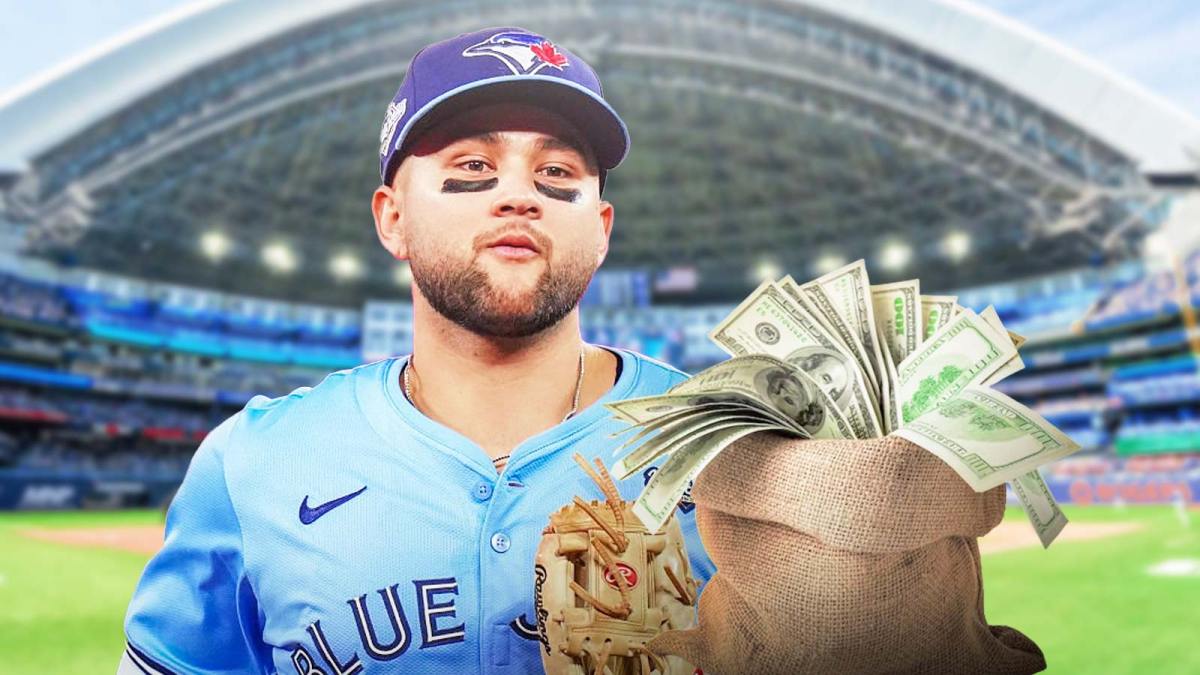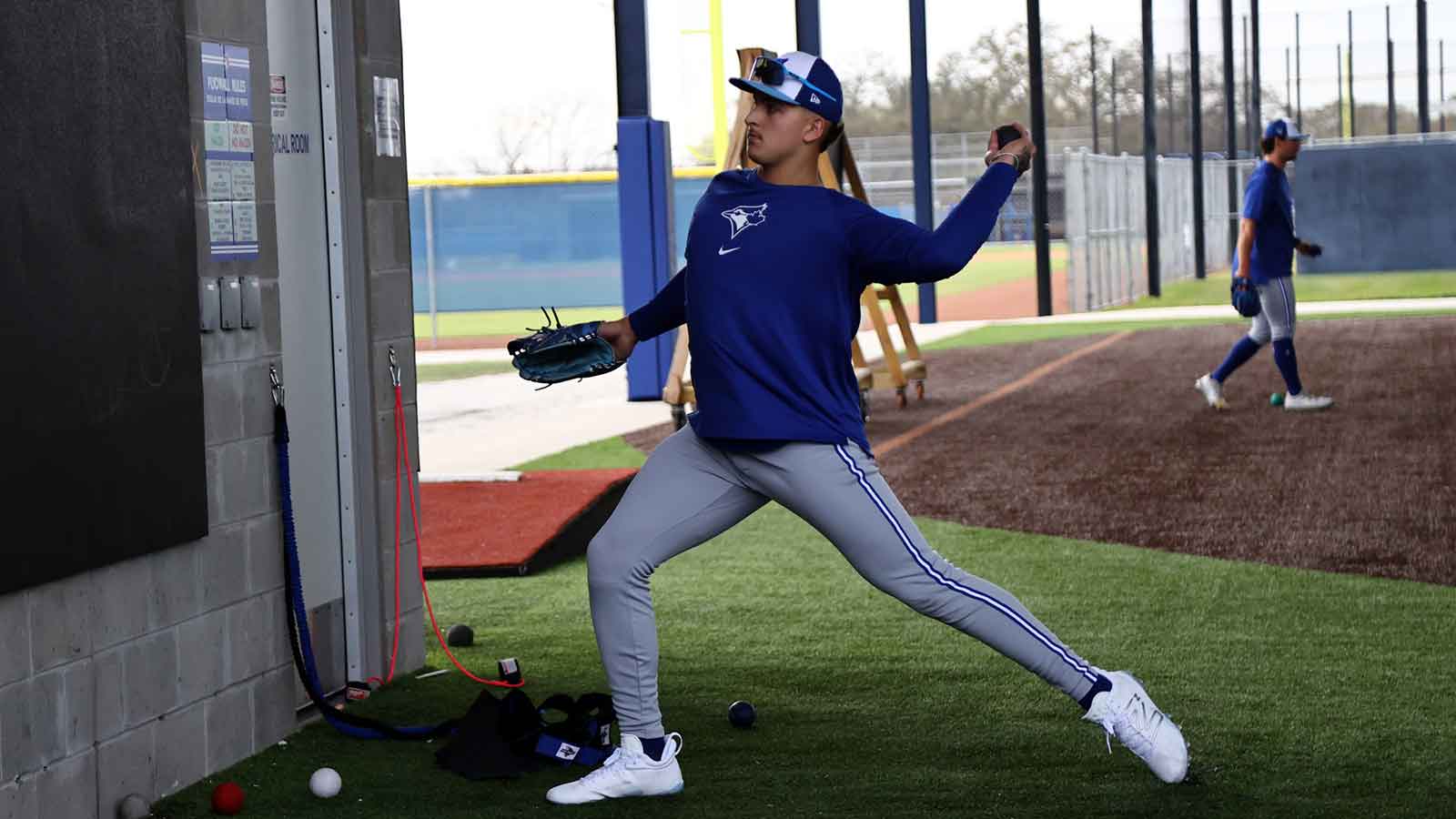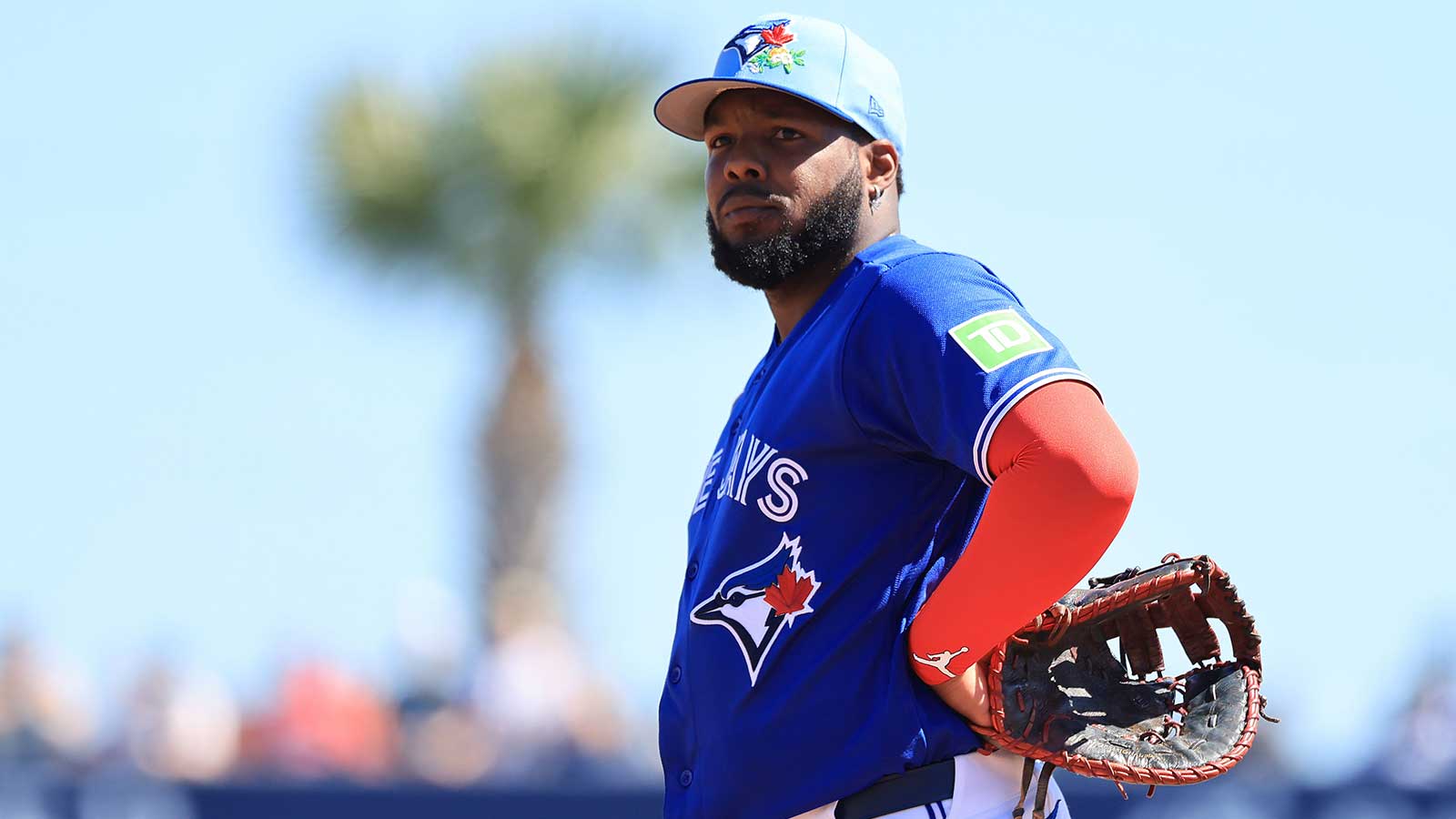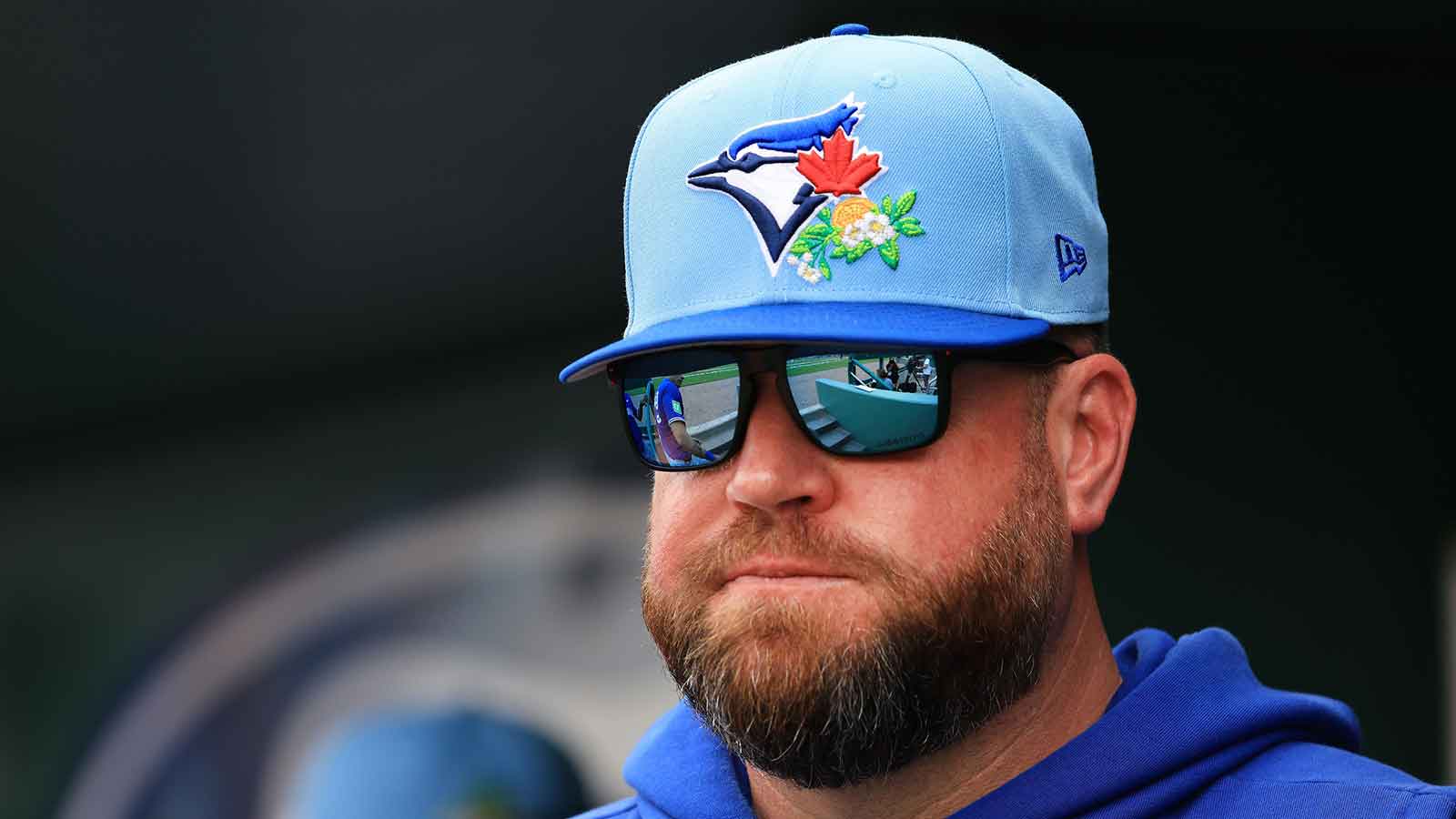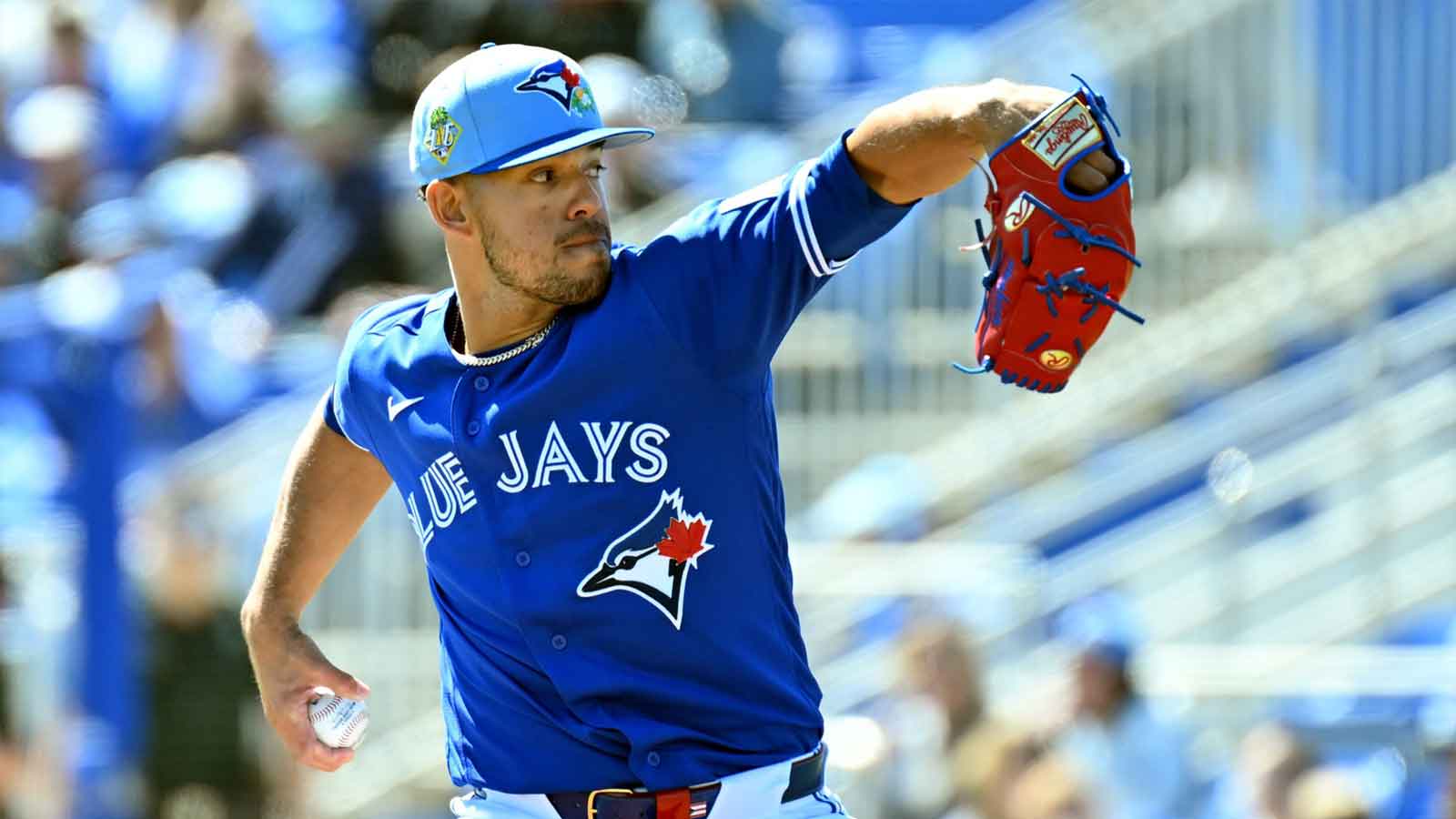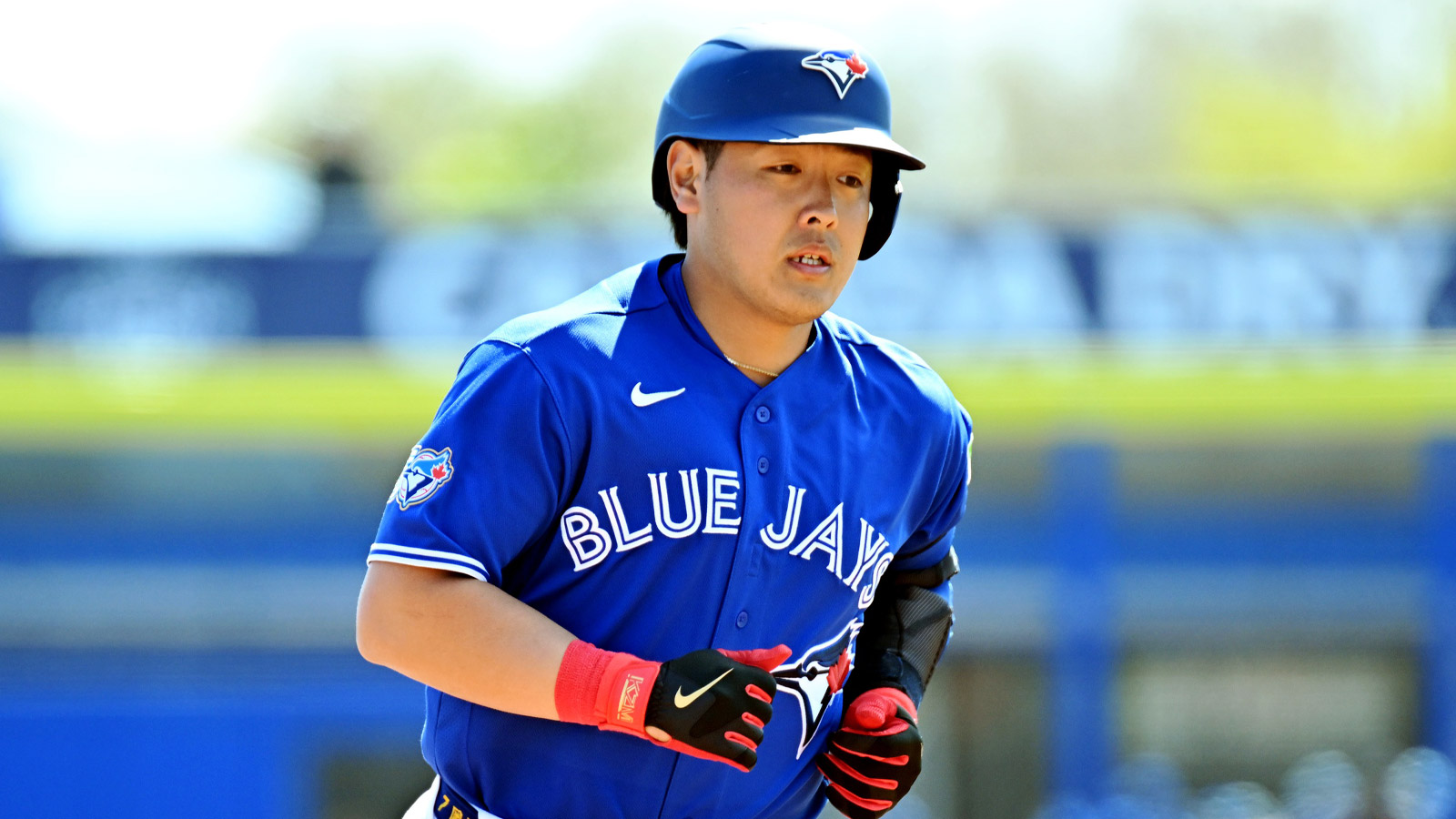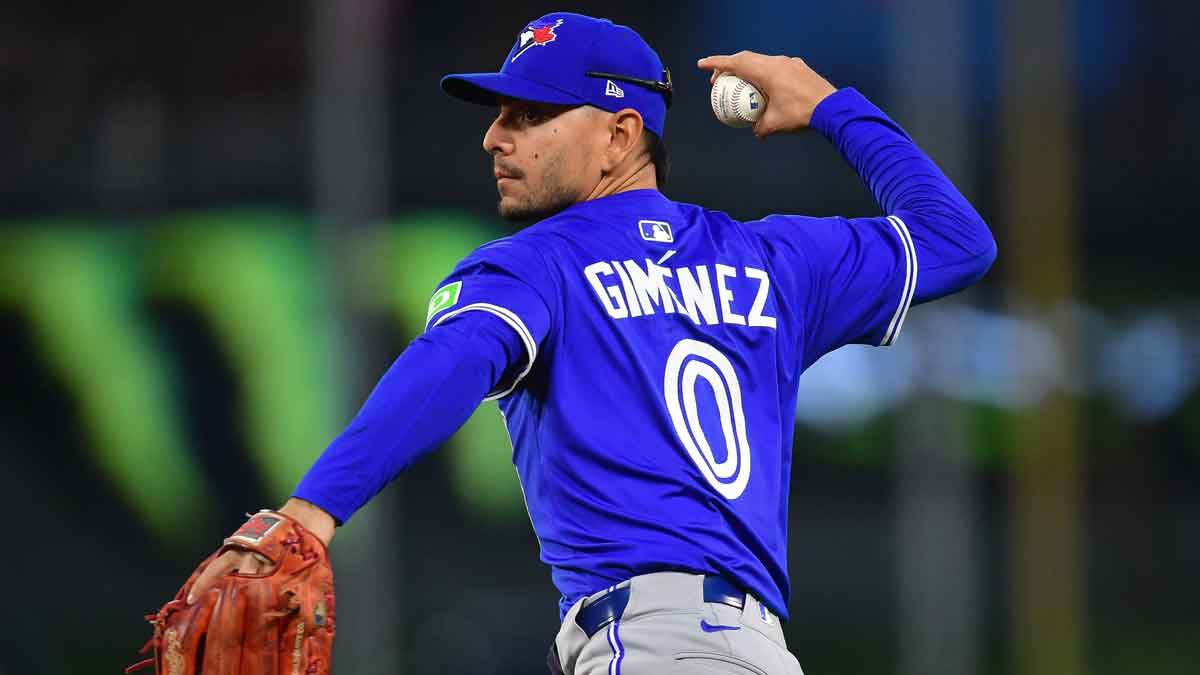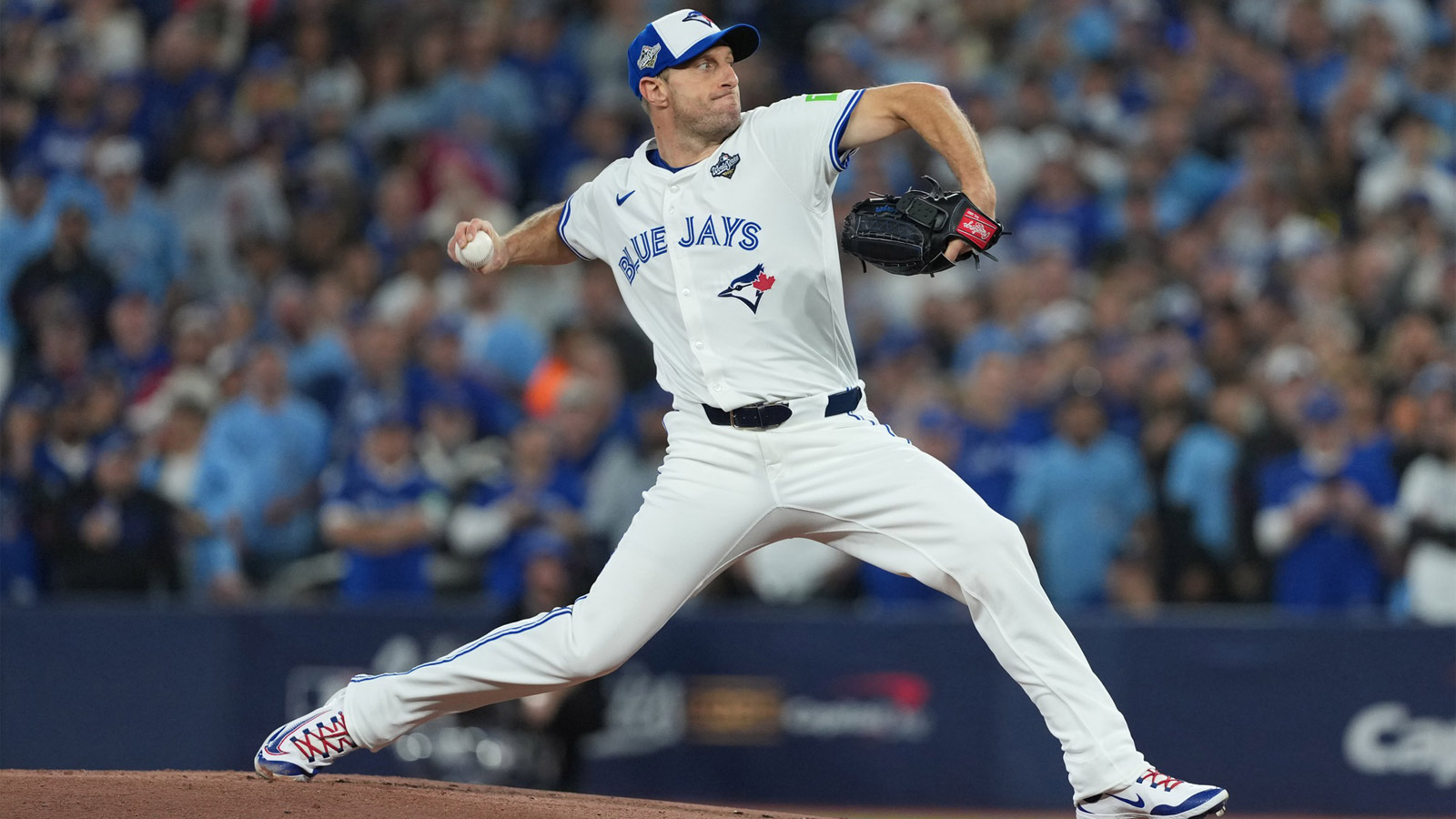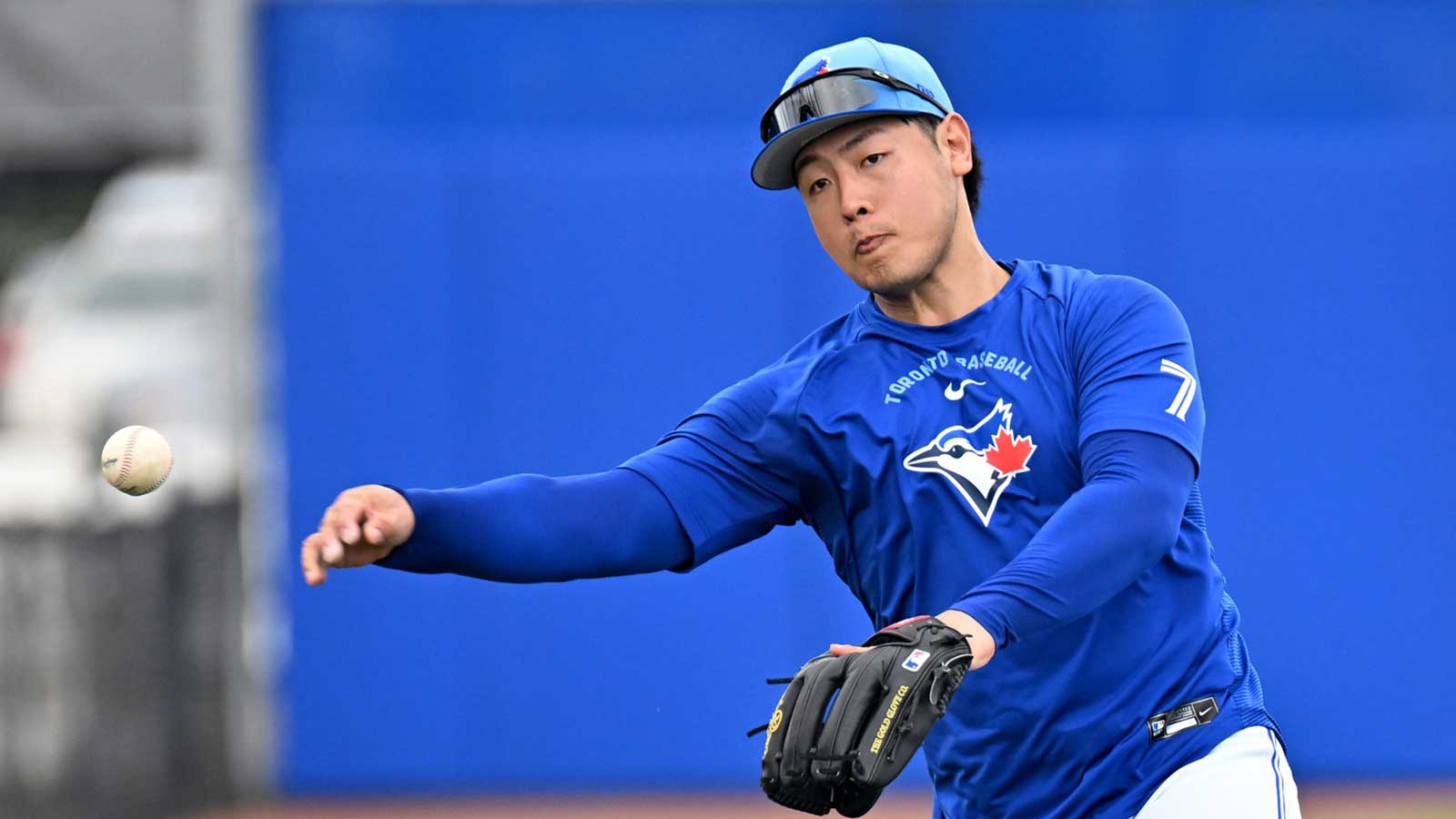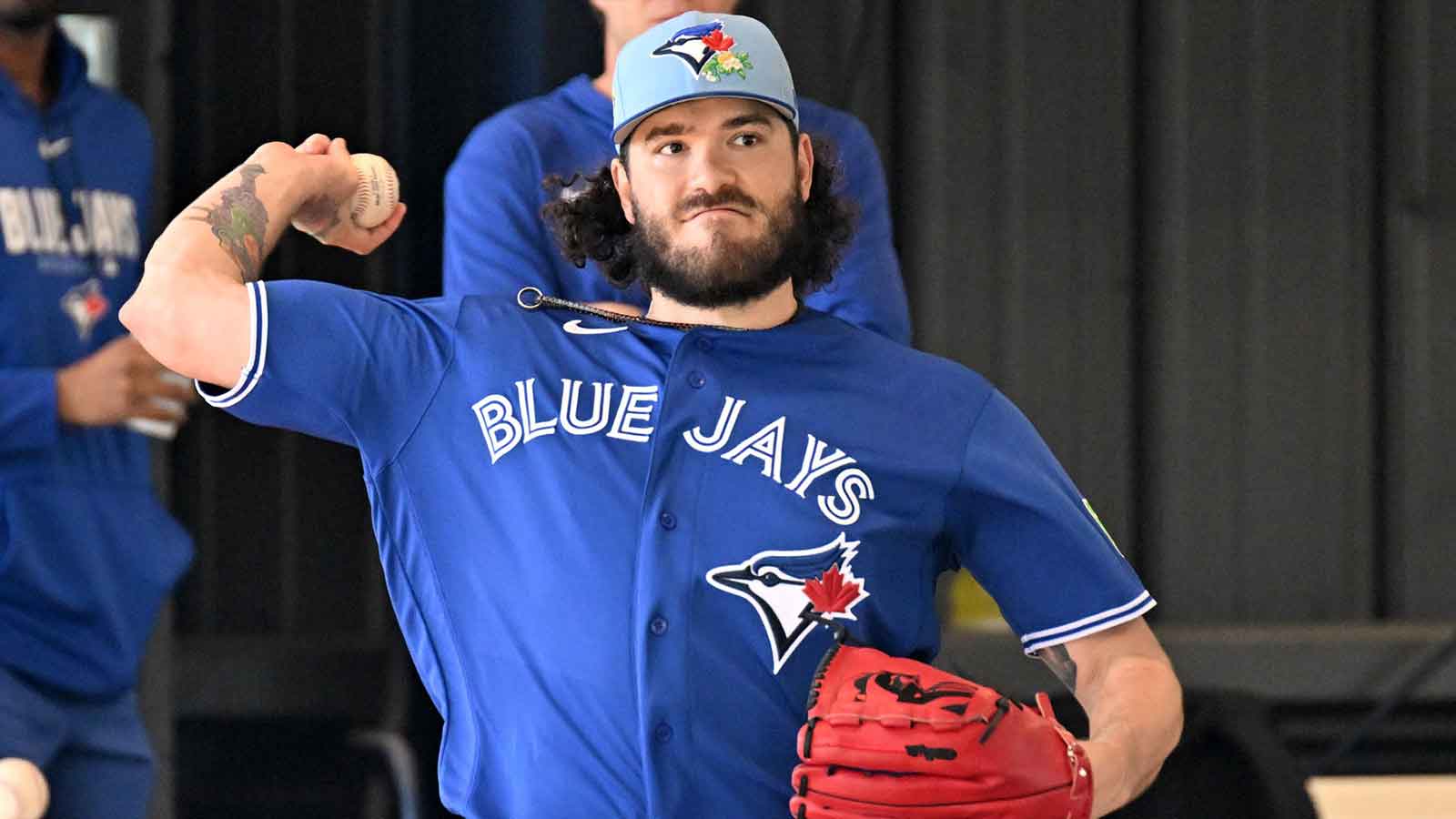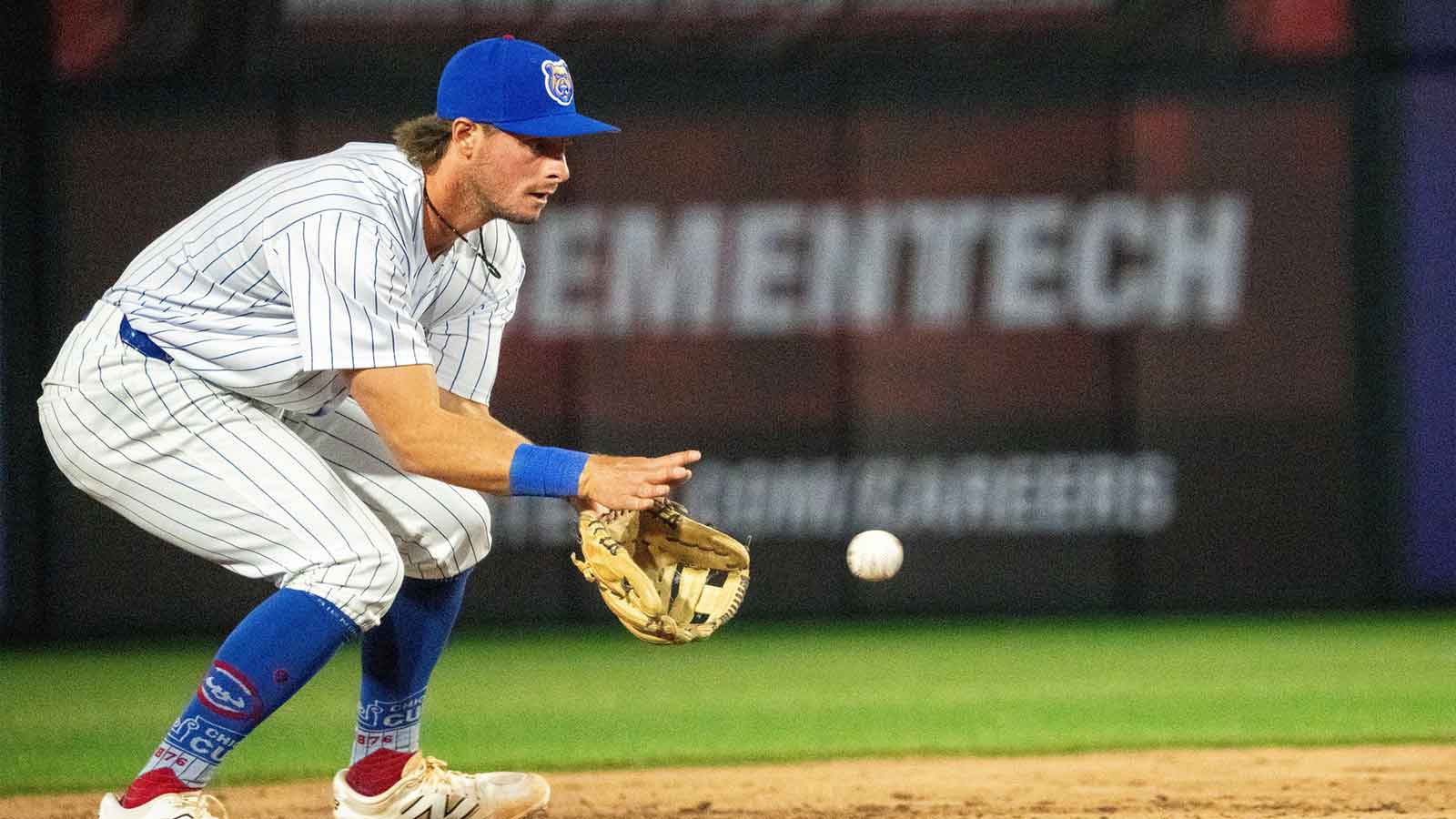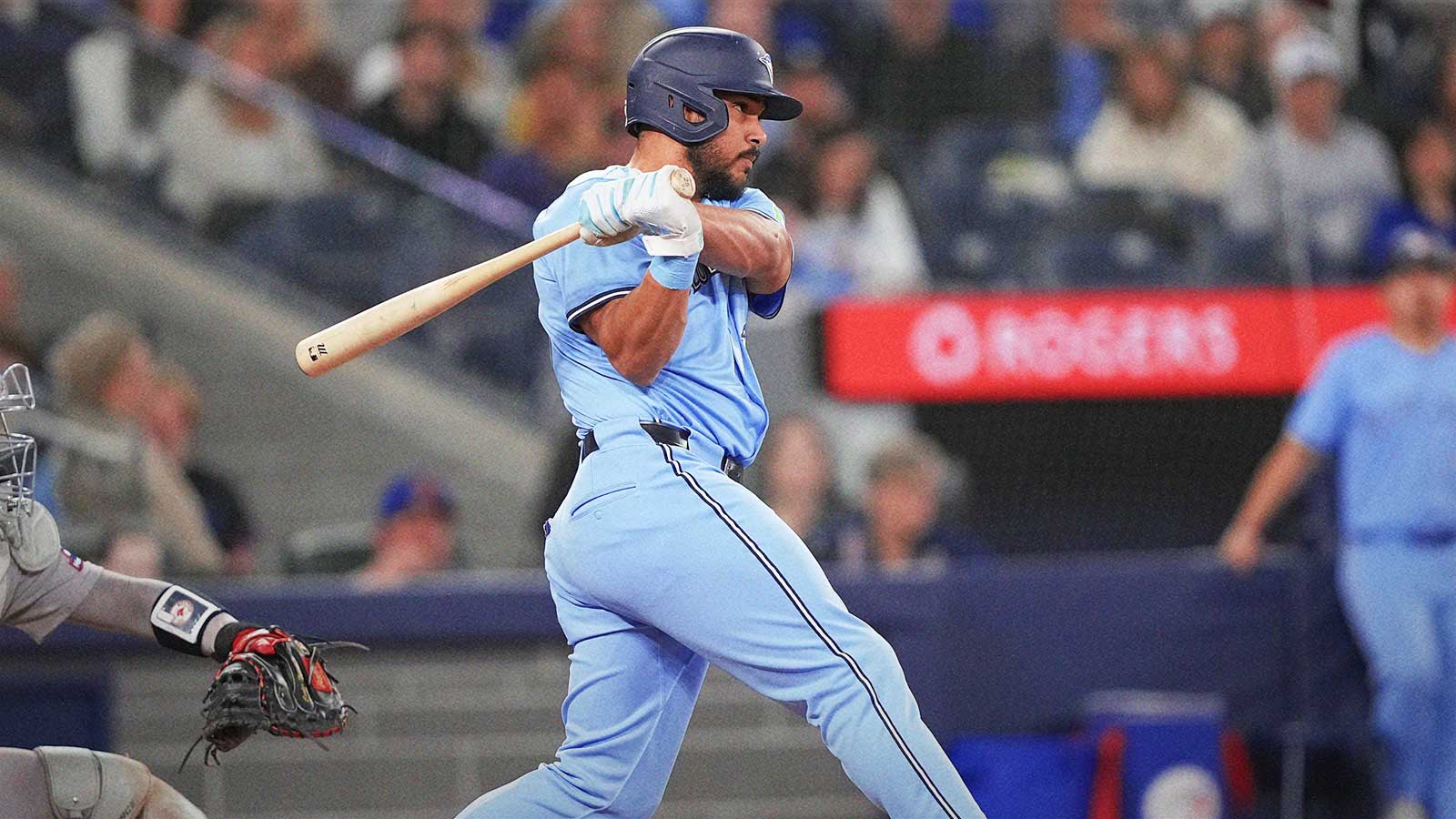One would think that to come so close yet finish so far is the most heartbreaking thing in professional sports. No one might be more heartbroken over the Toronto Blue Jays' World Series loss in seven games to the Los Angeles Dodgers than Bo Bichette. Bichette hit what looked like a dagger of a three-run home run in the early goings of Game 7, only for the Dodgers to claw their way back and finish things off with a Will Smith home run in the 11th and a masterclass on the mound from Yoshinobu Yamamoto.
Now, Bichette and the Blue Jays have a decision to make. The 27-year-old shortstop is going to be entering free agency, and Toronto will have to pony up a considerable sum just to keep their star on the roster for the long haul like Vladimir Guerrero Jr.
Considering how Bichette is one of the best pure hitters in the majors, not to mention that he's playing a premium position on the diamond as well, he should have no shortage of suitors on the open market. His age also makes him a tantalizing player to pursue, as he should be right in the middle of his prime instead of the usual MLB free-agent signings in which players are already on the downside of their aging curve.
To that end, this is the contract the Blue Jays must offer Bichette to keep him on the team, gearing up for another potential World Series push in 2026.
Blue Jays must offer seven-year, $190 million contract to Bo Bichette
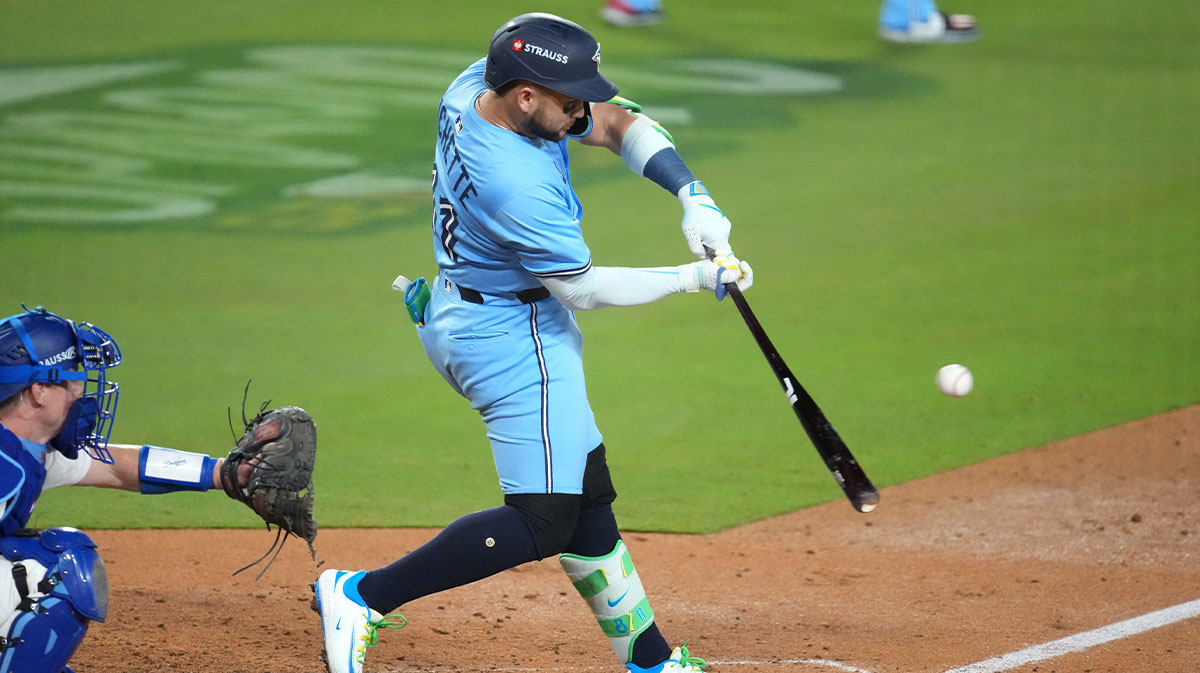
A $190 million contract over seven years would pay Bichette an average of around $27.1 million per season. Considering how much his peers at shortstop are making, that should be a more than fair deal that keeps both sides happy for the long run.
This would make Bichette the fourth-highest paid shortstop in the big leagues, and for his level of play in 2025, this should be a no-brainer for both sides to agree upon. Bichette did lead the AL in hits for a considerable portion of the season, and he showed that his production from the plate translates to the postseason as well.
Perhaps the most comparable player to Bichette in this free-agency scenario is Carlos Correa. Correa was also 27 when he signed his big-money contract with the Minnesota Twins, but that paid him $200 million over six years for an AAV of around $33.3 million. Correa, however, had a longer track record of elite production at shortstop and wasn't a major injury risk. Moreover, he is also a better defensive shortstop than Bichette.
The seven-year, $182 million contract that Willy Adames signed with the San Francisco Giants could also be used as a reference. Adames is a worse pure hitter than Bichette, but he is miles better defensively and has more pop in his bat, especially during his contract year. He was also coming off his age-28 season, so it's not like he's much older than Bichette is right now at the time of his contract signing.
There will be some concerns regarding Bichette's knee moving forward. 2024 was also a nightmare year for Bichette, as he seemingly forgot how to hit all while dealing with injury problems. His age makes him a more appealing player to have moving forward, but those injury issues simply cannot be pushed aside and ignored.
In 2024, Bichette went through a plethora of calf injuries before a broken finger ended his nightmare campaign prematurely. In 2025, he already dealt with knee injuries before a knee sprain towards the end of the season kept him out of action until the World Series. He has a history of lower-body injuries and a recent season with horrible production, and those should depress his contract value a bit.
But at the end of the day, the Blue Jays have to reward their homegrown talent with the homegrown treatment. Like Guerrero, the Blue Jays have to be generous to keep Bichette and retain their one-two punch in the middle of the lineup.
The Blue Jays have shown anyway that they have so much depth to help cover for Bichette if ever he needs to be load managed moving forward so he doesn't become that much more susceptible to injury problems. Isiah Kiner-Falefa and Andres Gimenez did a good job in the postseason holding down the fort, after all.
If there's a team that can afford to take the risk on Bichette's future health, it's the Blue Jays. And after whiffing on so many big-time free agents in the past, Toronto should not dare let one of their own walk away.

